Plumbing is one of those topics where there are myths and misconceptions all over the place, often leading to inefficient or even harmful practices.
To help you separate fact from fiction, we’re playing plumbing mythbusters, and debunking some of the most common plumbing myths.
Understanding what really works for your home plumbing can save you time, money, and headaches.
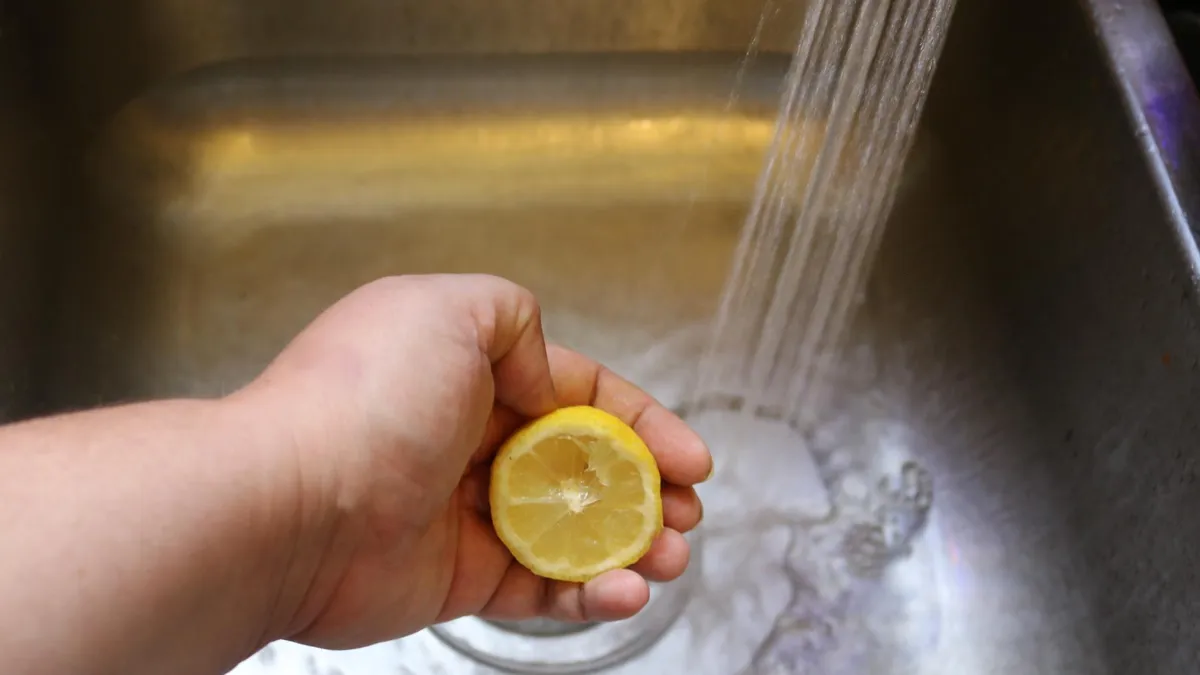
Myth 1: Lemons Can Clean Your Garbage Disposal
The Myth: Dropping a lemon or lemon peel into your garbage disposal will clean it and make it smell fresh.
The Reality: While lemons can make your garbage disposal smell better temporarily, they won’t actually clean it. The acidity of lemon juice can corrode the metal parts over time. Instead, use ice cubes and a small amount of dish soap to clean the blades and remove debris effectively.
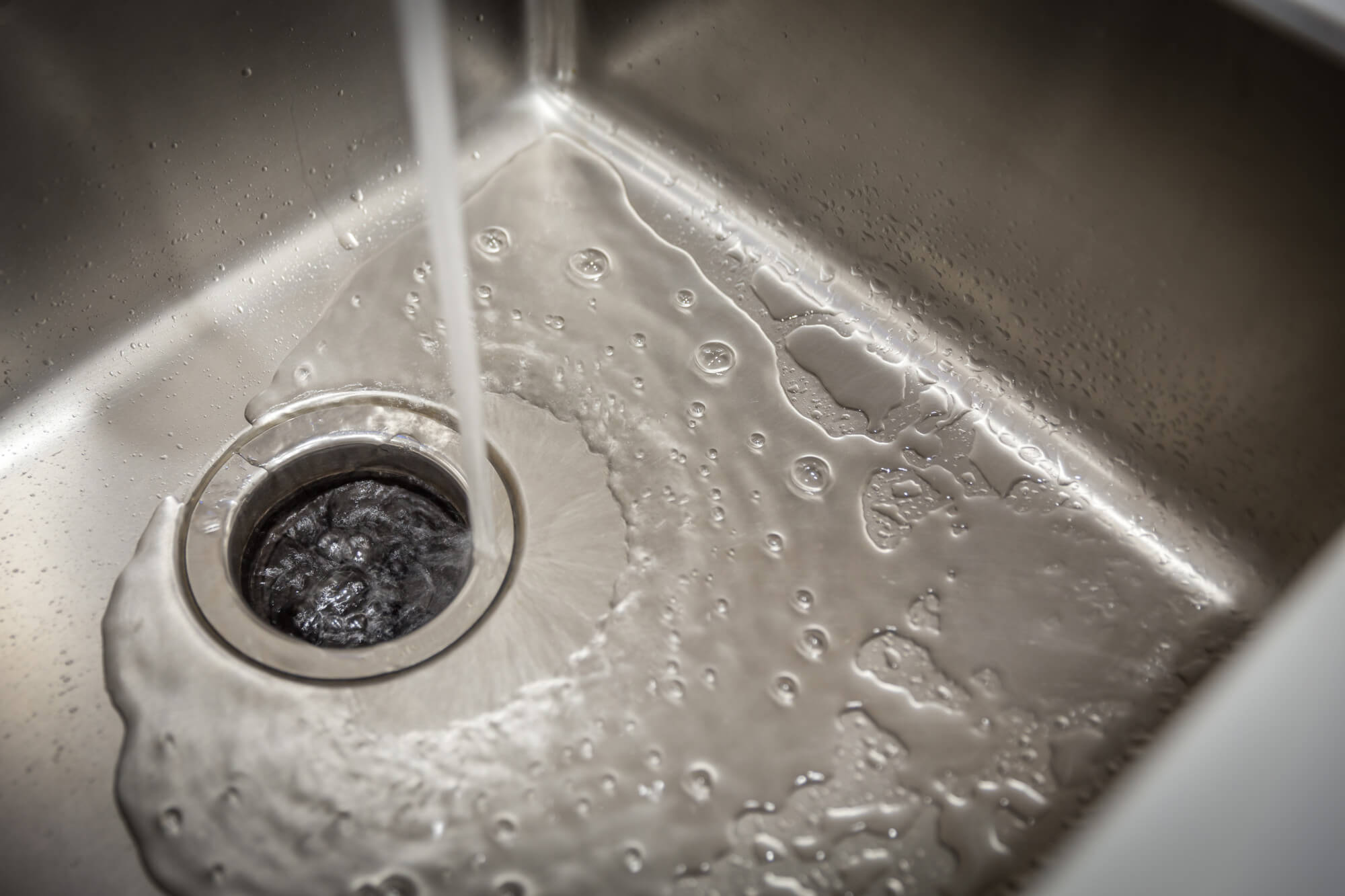
Myth 2: Running Water While Using the Garbage Disposal Helps
The Myth: Running water while using the garbage disposal helps all waste go down smoothly.
The Reality: While running cold water can help solidify grease so it can be chopped up and washed away, it doesn’t prevent clogs. Avoid putting fibrous, starchy, or greasy items in the disposal to keep it running smoothly. Cold water is preferred because it keeps fats in solid form, which helps the disposal process them without causing clogs.
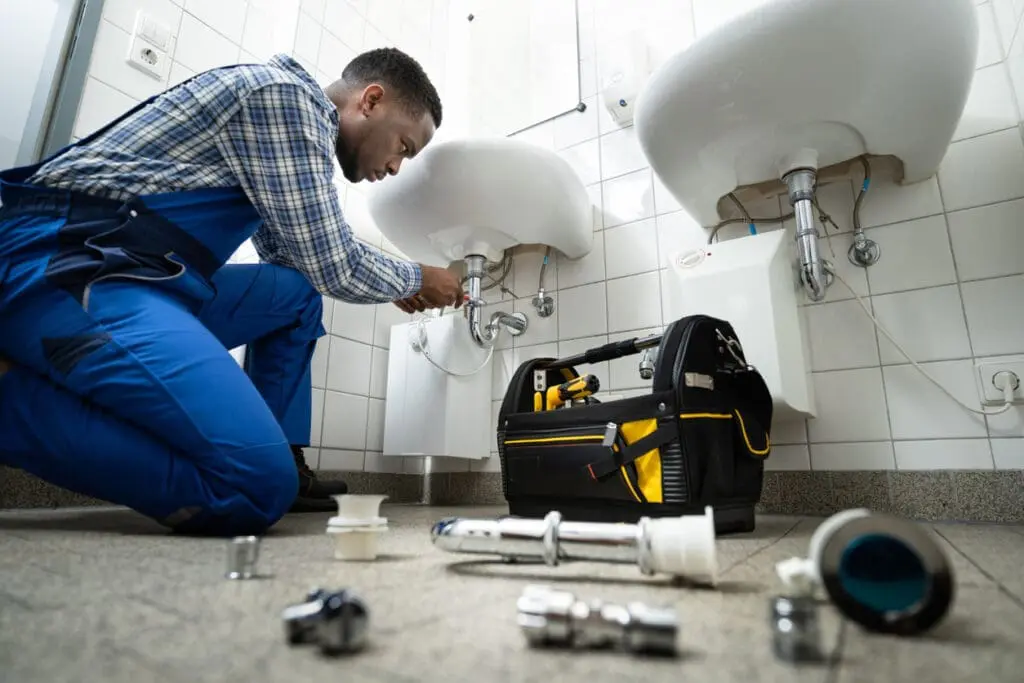
Myth 3: All Plumbers Are the Same
The Myth: Any plumber can handle any plumbing job with the same level of expertise.
The Reality: Plumbing is a diverse field, and different plumbers have different specializations and levels of experience. Some plumbers may excel in residential repairs, while others might specialize in commercial systems or new installations. Always check a plumber’s qualifications, reviews, and areas of expertise before hiring.
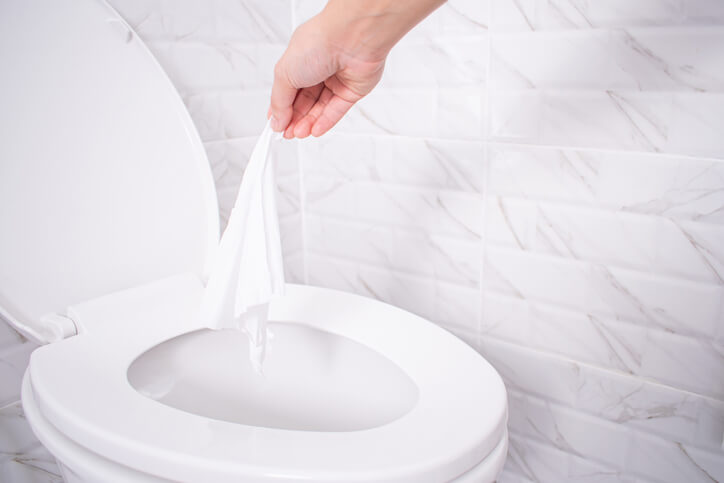
Myth 4: Flushable Wipes Are Safe to Flush
The Myth: Flushable wipes are designed to break down quickly and are safe for your plumbing system.
The Reality: Despite being labeled “flushable,” these wipes do not disintegrate easily and can cause significant clogs and damage to your plumbing and municipal sewer systems. It’s best to dispose of wipes in the trash rather than flushing them.
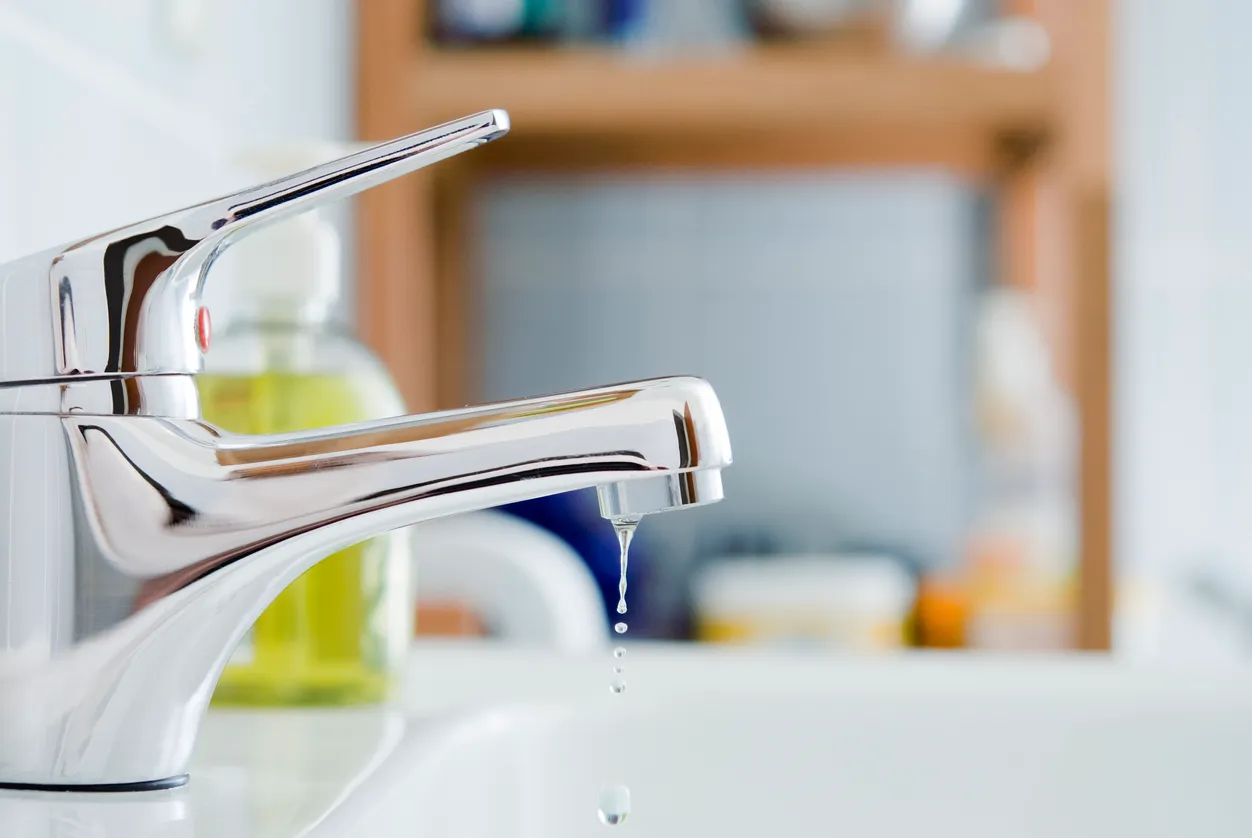
Myth 5: A Leaky Faucet Isn’t a Big Deal
The Myth: A dripping faucet is a minor issue and doesn’t need immediate attention.
The Reality: A leaky faucet can waste a significant amount of water over time, leading to higher water bills and unnecessary environmental waste. Additionally, the drip can indicate a more serious problem, such as a worn-out valve or fixture that needs replacement.
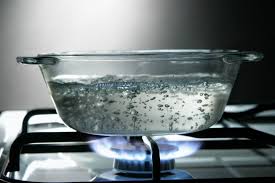
Myth 6: You Can Clean Your Pipes with Boiling Water
The Myth: Pouring boiling water down your drains will help clear them and maintain good flow.
The Reality: Boiling water can damage certain types of pipes, especially PVC, and can cause joints to loosen. Instead, use a mixture of baking soda and vinegar followed by hot (not boiling) water to clean your drains safely.
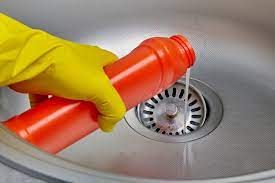
Myth 7: Chemical Drain Cleaners Are the Best Solution for Clogs
The Myth: Chemical drain cleaners are effective and safe for clearing all types of clogs.
The Reality: While chemical drain cleaners can be effective, they are also harsh and can damage your pipes over time. They can also pose health risks if not used properly. For most clogs, a plunger or a plumber’s snake is a safer and more effective solution.
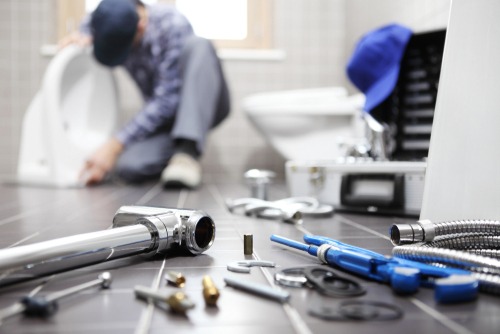
Myth 8: Plumbing Fixtures Require Little Maintenance
The Myth: Once installed, plumbing fixtures don’t require much attention or maintenance.
The Reality: Regular maintenance is essential to keep plumbing fixtures functioning properly. This includes cleaning aerators on faucets, checking for leaks, and inspecting hoses and connections for wear. Regular maintenance can extend the life of your fixtures and prevent costly repairs.
By debunking these common plumbing myths, we hope to give you the knowledge to maintain a more efficient and trouble-free plumbing system with more clarity.
Understanding what really works can help you avoid common pitfalls, save money on unnecessary repairs, and ensure your plumbing remains in good condition for years to come.
Always consult a professional plumber when in doubt, and remember that proper maintenance and good practices are the key to a healthy and efficient plumbing system.


